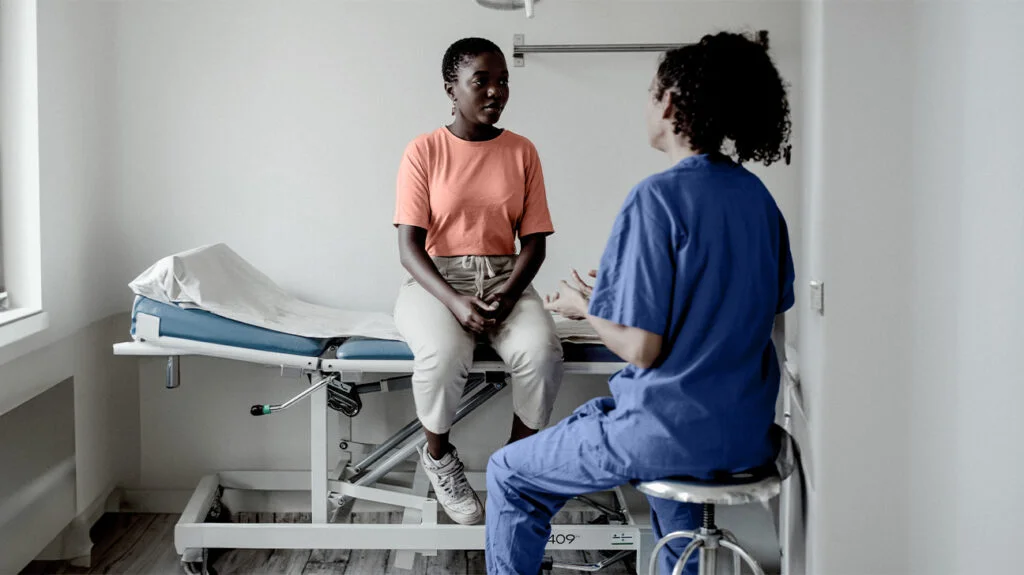A new study reveals that preventative treatments aimed at halting the recurrence of breast cancer may inadvertently induce cancer cells to mutate and enter a dormant state, only to resurface years later, posing renewed health risks.
Researchers investigating the phenomenon of breast cancer recurrence after initial treatment discovered that hormone therapies, intended to prevent the return of cancer, can provoke changes in certain cells.
These changes cause the cells to remain dormant instead of undergoing natural cell death. Subsequently, these “sleeping” cells can later awaken, leading to a relapse that is more challenging to manage.
The findings offer a glimmer of hope for patients with oestrogen receptor positive (ER+) breast cancer, which constitutes 80% of all breast cancers.
Luca Magnani, professor of epigenetic plasticity at The Institute of Cancer Research, London, commented on the implications:
“Following surgery to remove primary oestrogen receptor positive breast cancer, patients typically undergo five to 10 years of hormone therapy to eliminate any residual cancer cells.
However, this approach proves ineffective in some cases, with cancer re-emerging years or even decades later.”

“Our goal was to comprehend the mechanisms behind breast cancer recurrence, aiming to develop strategies to prevent it. This would spare patients from living in fear or facing the devastating news of relapse,” Magnani added.
The study, published in Cancer Discovery, pinpointed a critical mechanism employed by cancer cells to evade therapy by entering a dormant state, only to reawaken years later and resume rapid proliferation.
Inhibiting an enzyme known as G9a emerged as a potential breakthrough, preventing cancer cells from entering dormancy and effectively eliminating those already in a dormant state.
Dr. Tayyaba Jiwani, science engagement manager at Cancer Research UK, which funded the research, underscored the significance of these findings:
“While preliminary, this research unveils promising targets for the development of innovative treatments aimed at preventing breast cancer recurrence.”
Breast cancer ranks as the second leading cause of cancer-related deaths among women in the UK, following lung cancer, with over 11,000 fatalities annually. The NHS screening program in England detected nearly 19,000 new cases of breast cancer in 2022-23 alone.
The study’s implications may pave the way for novel therapeutic approaches, offering renewed hope in the battle against recurrent breast cancer.
